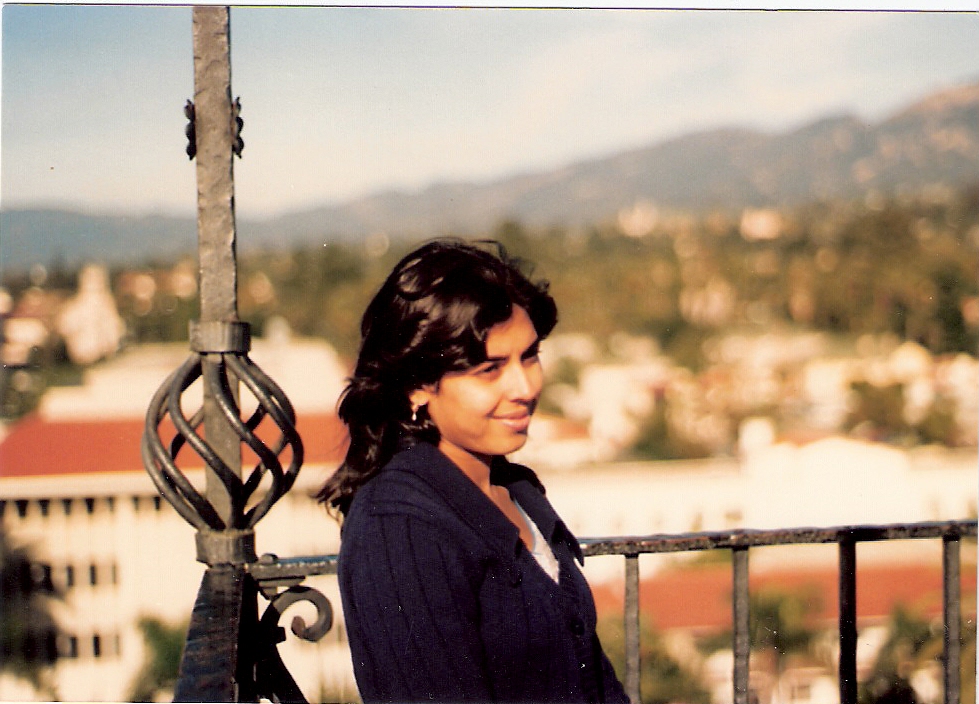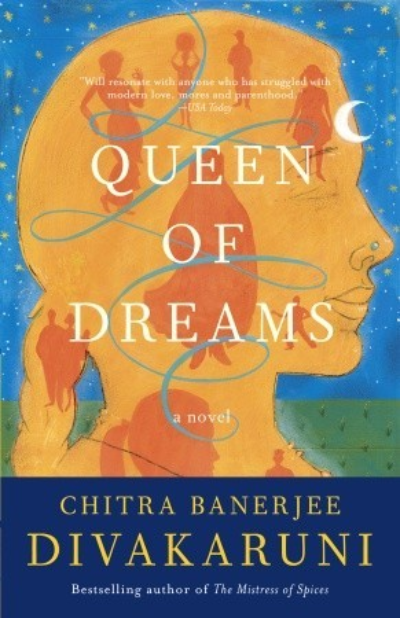This Independence Day I found myself thinking about my relationship with America, and what I appreciate about living in this country. It struck me that one of the most important changes in my life that came about as a result of my immigration to America is that I became a writer. In India, growing up in a traditional family, I had never considered being a writer. I did not think I had the talent; more importantly, I did not think I had a story to tell. Moving to a very different culture and learning to live on my own made me see the world much more clearly.
In those pre-internet days--we did not even have a T.V. in our home in Kolkata--I knew very little about life in the United States. As a result, when I arrived in America, almost everything was new to me. From shopping in grocery stores as large as warehouses, to seeing a film on a gigantic drive-in movie theater, to the dangerously heady freedom of purchasing items using my very first student charge card, it was all exciting and sometimes bewildering. I appreciated the freedom and anonymity of being in a city where only a handful of people knew who I was. I worked hard at menial, minimum-wage jobs to put myself through college and learned for the first time what dignity of labor meant. I missed my family and their sheltering arms so much that it was like having a hole in my heart. I thought about India more than I had ever before. I realized what I appreciated about it--the warmth, the closeness of extended family, the way spirituality pervades the culture. But I also recognized problems about how women are often treated, and a rigid class system because of which many doors are closed to all but the most fortunate and most well-connected people.
EARLY DAYS IN CALIFORNIA
All around me I saw other immigrants (not necessarily only Indians) who were undergoing similar experiences of culture-shock, who were carving out new identities for themselves and trying to preserve the most valuable aspects of their home cultures. I saw them trying to bring up children in a new environment where the old parenting rules didn't quite work. I saw how, even as they underwent a transformation, they too were transforming America. I read their stories in the local papers, I overheard their conversations at Indian parties, I imagined the things they didn't say and wove them together with my own feelings and questions, and I fictionalized it all in stories that ultimately became my very first collection, Arranged Marriage, and later, novels such as The Mistress of Spices, Queen of Dreams, and Oleander Girl.
Sometimes I'm asked if I would have become a writer if I hadn't moved to the United States. I don't know the answer to that question. I do know, though, that I couldn't have written the same kinds of stories, hybrids born out of the melding of the Indian and American cultures.














